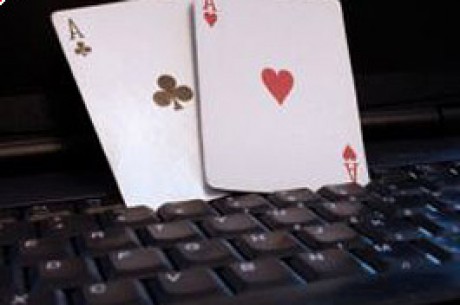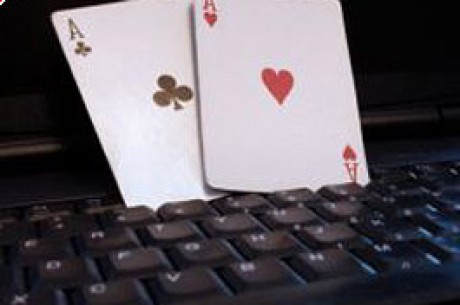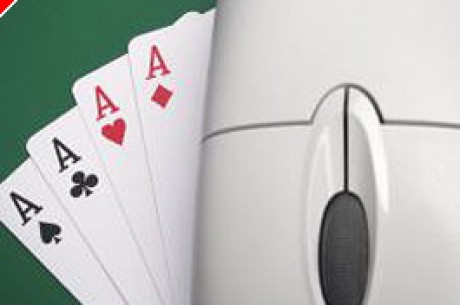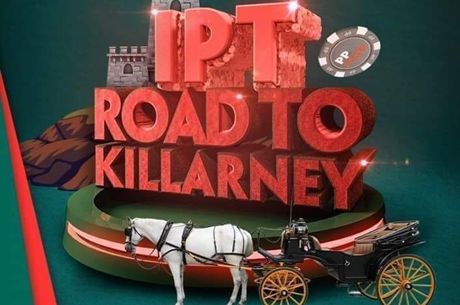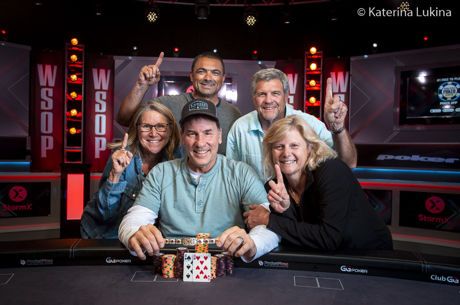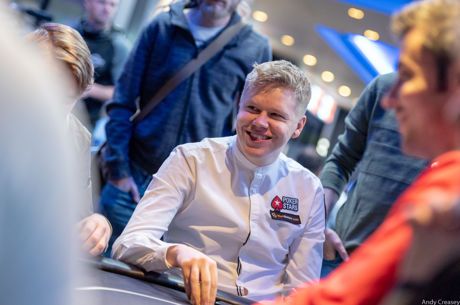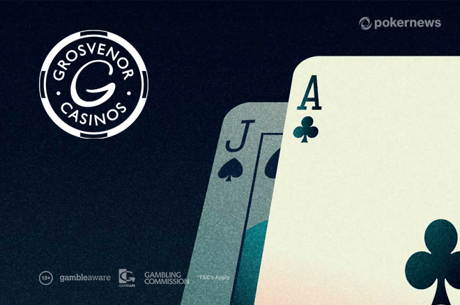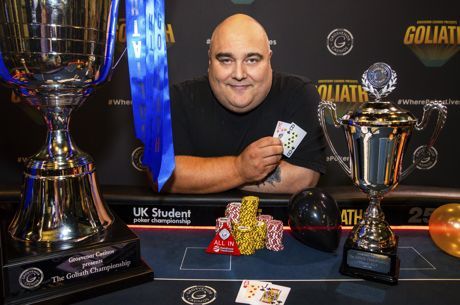'The Other Guy' Speaks: Interview with Paul Wasicka, Part One
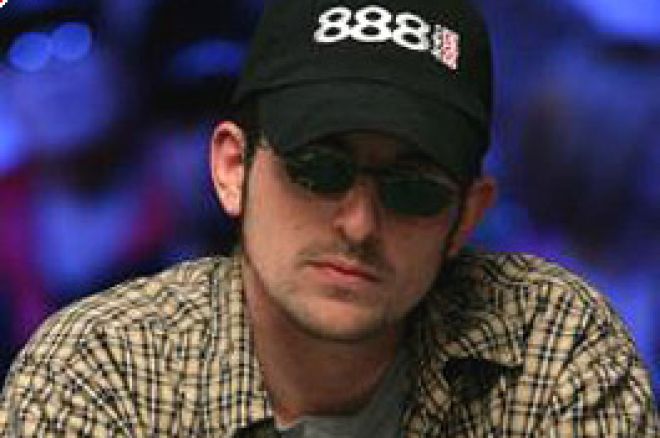
There's an old expression in sports, 'Nobody remembers who finished second'. Paul Wasicka is determined to change that. The 2006 World Series Main Event runner-up has the largest second place prize in poker history (over $6.1 million dollars) to start him off in his quest to become a poker legend.
Many may not have heard of Wasicka until his Main Event finish, but Paul has been an solid internet player for a while, and this past April, Paul finished 15th in the World Poker Tour Championship, earning $146,460 for a seat that he won for $2,500 in a live super satellite the day before the event began. Wasicka has also been tapped to join the big boys on the third season of High Stakes Poker, which began filming yesterday.
So, what makes this guy tick? I sat down with him recently to find out.
John Caldwell (PokerNews): So, let's talk about what happened a couple months ago, and you said it hasn't really sunk in yet or maybe it has. What is the biggest change in the immediate since the World Series has finished?
Paul: The biggest change is, the all sorts of different phone calls, and you know, things that have to be done non-poker related that I'm not used to. I don't have much business sense��.I didn't get a degree in business. I don't know this and that as far as tax stuff goes; so I have to get a tax advisor, a lawyer and all this stuff, more counter negotiations with sponsorships. I thought it was just going to be "Hey, I did good in the tournament, let's go and see if I could do good in that one" but it's not like that.
PN: Have you been fairly overwhelmed by it or have you found that it's doable?
Paul: Well, I have some people helping me out. I have my mom taking a lot of phone calls for me, and my friends who have, as far as the tax goes, going out there doing some research for me, just different things. It could be as simple as, I had some Euros I wanted to change into dollars, I wanted that for a while so I have him go do that. So I have people helping me out, both related to poker and not. My brother in law, he is a businessman and he is helping me with the negotiations. I have a lot of people who love me and want to help me, and that makes a world of change for me. At first, I was trying to take on all that on myself and that is just not going to happen. All the interviews, tv, etc. etc.
PN: You mentioned that you are doing a lot of blogging fresh off your win. Do you publicly promote your blog?
Paul: No, no I don't promote my blog. It goes into depth as far as how I play. If that kinda becomes public knowledge, people might figure out how I play.
PN: So, that's mostly just for you internally to process how and what you did and learn from it.
Paul: Yes, not only that but close friends often times want advice on certain hands and I kinda share with them how I play hands, whether its right or wrong, they can either learn from it or not. So, it's not only for me but for close friends. I always go back and read my blogs. They help me because in them I write what I screwed up what I did right, all that stuff.
PN: How long have you been keeping the blog?
Paul: Probably about six months.
PN: You've gone back to the first few entries and really noticed a big difference in your play now, between now and then?
Paul: Oh yeah, for sure. It's kind of funny to read some of them. In some of them I might have been upset about whatever {laughs}��Yes, it is kind of funny to watch your progress, for sure.
PN: You're only legal answers to this question, are "YES" or "NO". Are you a gambler?
Paul: Of course.
PN: Does that mean that when you have a score like this, do you look at some of it as fodder for things like investment and for your future, or is sort of a really, really big bank roll at this point.
Paul: It's investment. After taxes, probably 90% will go to investments. I already had a pretty decent bankroll coming into this. I will go back doing what was working for me before the event. I will continue doing what I love doing. Which is just playing poker. I am not desperate to get into the biggest games in the world. I'd love to play them every now and then, but I don't feel like I need to be a regular.
PN: Let's talk about that. You obviously had two solid finishes in preliminary events at the WSOP. Did you have any other big cashes other than the WPT Championship?
Paul: No, I only played $5k and above events. I did play a couple of smaller ones, but my focus wasn't entirely there. I don't really feel that you have enough chips to work with in most of those, so I try to avoid them. I only started in the circuit in March at the Reno Hilton it was my first.
PN: The World Series aside, what do you think the biggest lesson is about being, "on the circuit" or the biggest thing maybe you could warn players that are considering making that move?
Paul: A good network of friends and family, whatever you could find to help you out of poker. Most people will be competing on the circuit or be travelling around playing in tournaments; they don't need poker advice, maybe a little bit more of the intangibles, like the emotional aspect of this life. Staying calm, not being nervous, not going on tilt, stuff like that is more important if you ask me, than anything else.
PN: How did you build your bankroll to go on the circuit? Was it all on online play pretty much? Were local tournaments involved?
Paul: I've been an online cash game player for quite a while, about two and a half years. Although I just started playing high stakes about nine months ago, and turned pro about six months ago. My game has been all online cash games, and tournaments. My first real tournament that I played in like I said was Reno back in March. I bought into all my tournaments through the cash I made in online cash games. The WPT Championship was a little bit different; I played in a $2500 (twenty-five hundred dollar) satellite. That was a live tournament.
Join me tomorrow for part two of the interview, where Paul discusses his future, and why he thinks Jamie Gold is a pretty good guy.

